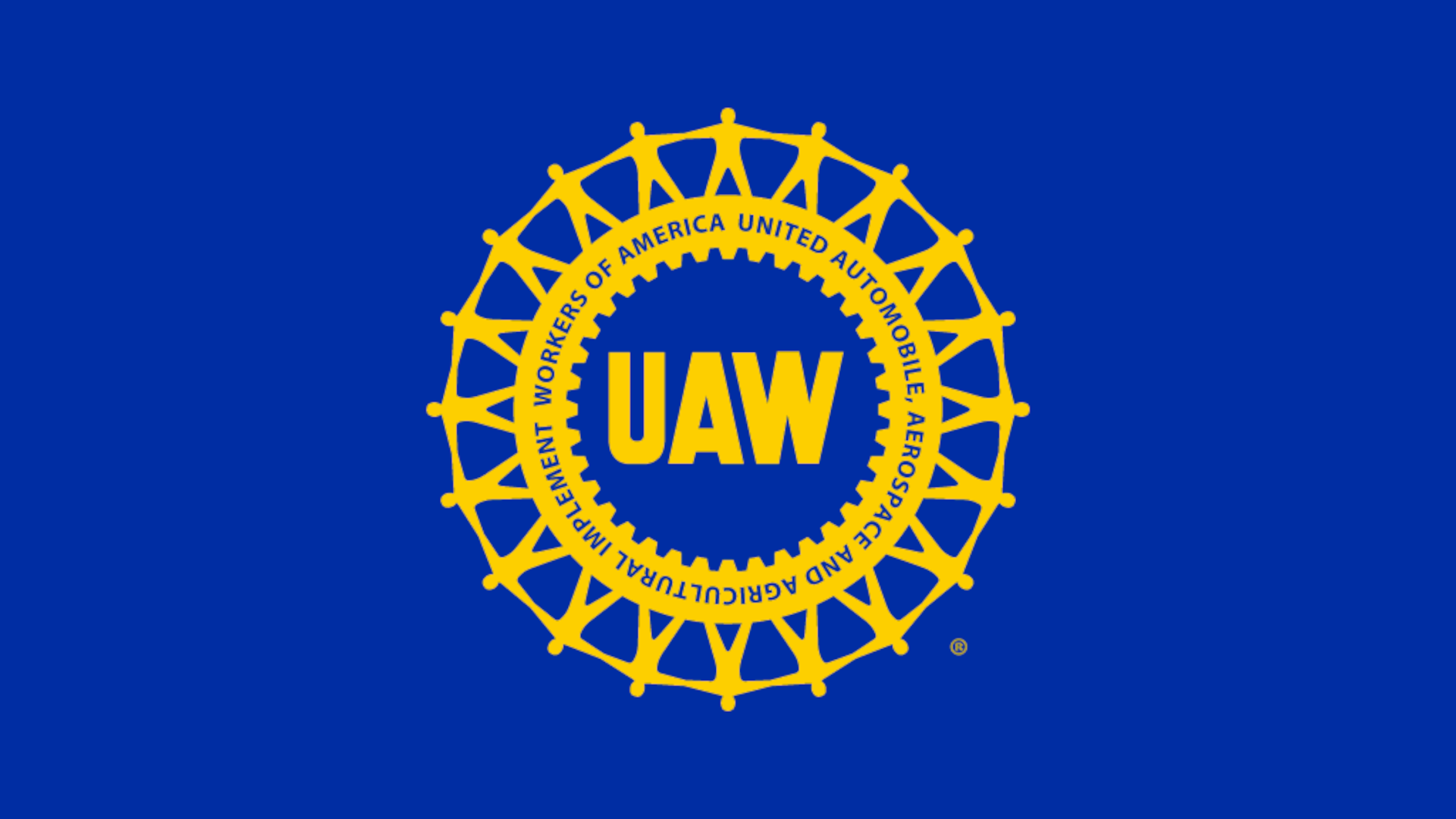On Saturday, January 7th, workers of the UAW Local #180 and 807 in Racine, WI and Burlington, IA voted to reject the “last, best, and final offer” put forth by their employer, CNH Industrial. With the membership voting 55% against the agreement and 45% in favor, the eight month long strike is set to continue indefinitely.
The strike began on May 2nd, 2022 over the matter of pay and benefits. Said Ray Curry, president of the UAW: “UAW CNHI members have worked through the pandemic after the company deemed them essential, to produce the equipment that feeds America, builds America and powers the American economy. They are a strong united union voice on the picket line. They can make a difference for working families here and throughout the country.”
1000 workers at the Racine and Burlington CNHI agricultural machinery factories took to the picket lines demanding wage increases, better healthcare options, and increased retirement benefits. According to Rich Glowacki, the chair of the UAW #180 bargaining committee, the assemblers at the Racine CNHI plant make $20.93 per hour. Other factories in the area pay about $24 per hour. What’s more, other (non-union) CNHI facilities in North America pay as much as $27 per hour. Why can’t the UAW members be offered the same thing?
CNH Industrial is an Italian-American corporation that produces heavy machinery for agriculture and construction work, most notably Case and New Holland brand machines. CNHI is itself owned by the Dutch holding company Exor, which is owned by a private firm controlled by the Italian Agnelli family, the so called “Kennedys of Italy”. Among the numerous companies held by Exor are CNHI, Stellantis Autos (which includes marques such as Chrysler, Dodge, Jeep, Alfa Romeo, Fiat, and Peugeot), Ferrarri Motors, Christian Louboutin, Juventis Football Club and the notorious “Journal which speaks for British Millionaires” the Economist. In 2021, CNHI had a total revenue of nearly $27 billion USD. The company brought in $670 million in profits in the last quarter alone, according to Reuters.
“I’ve been here 15 years, I’ve had three surgeries — given my body, given my life — and this is the kind of appreciation I get? It leaves a little sour taste in your mouth. I think that’s how it feels for everybody.” said Gary Mercil, financial secretary for UAW #180. Negotiations between the two unions and CNHI continued over the summer and fall of 2022. The first wage increase of 18% over five years was deemed unsatisfactory as that increase would not even bring the worker’s wages to parity with other plants in the area. Additionally, the proposed health insurance plan was worse than what was offered before the union’s previous contract expired, with sharp increases in employee paycheck contributions and plan changes to be made from year to year. This agreement was resoundingly voted down.
As the strike dragged on, CNHI brough in scab workers to try and fill the gap left by the strikers. In October, two scabs were killed and four were injured in an auto accident outside of Milwaukee, WI. CNHI offered it’s “heartfelt condolences, thoughts and prayers” to the victims of the crash and their families in a statement.
The last strike by the UAW at CNHI was in 2004. After 19 days, the workers voted to resume work, but the company locked them out for another 17 weeks. The workers accepted a contract with steep concessions, and the loss of pay has yet to recover in the 17 years since then. But this time, says the union, will be different. On January 7th they voted down CNSI’s “final offer”, which offered a 25-38% pay increase over four years but still does not address the rising healthcare plan cost or grant additional vacation days. In fact, the offer still does not bring the UAW workers to parity with CNHI’s other plants in North America.
While the striking UAW workers receive a weekly strike pay check of $400, many have had to take part-time jobs in order to provide for their families. Some are considering leaving alltogether. Still the strike remains unbroken, and the workers of UAW say they will not stop until they receive at least what the non-union CNHI workers are being paid. “This is a multibillion dollar company,” says worker Alric Davis, “they can afford to give us everything we’re asking for. We’re not asking for too much,”

